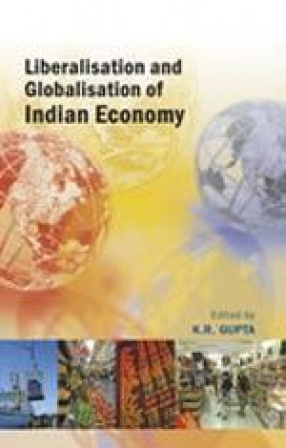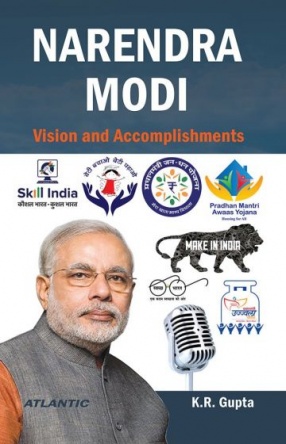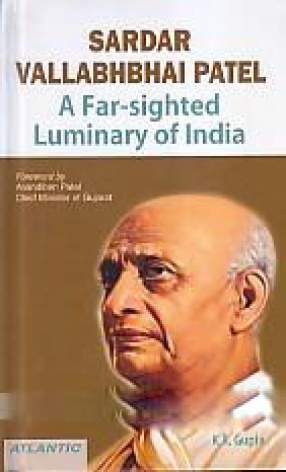In India, the move towards globalization and free trade coincided with the process of structural reforms and economic liberalization that began in July 1991. Since then the country has seen a significant integration of markets in commodity, services, finance and technology with other countries. Right at the outset of globalization, some persons in India like those in other developing countries were against this new trend, perceiving it as elite-driven and incapable of bringing qualitative change in peopkes’ lives. Fear of lagging behind in the race with the advanced countries, which would ultimately capture a lion’s share in the global market, had further led some people to oppose globalization. But the present scenario altogether different. India’s apprehensions about globalisation have been removed to some extent. Economic libralisation has paved way for rapid technological process for India while globalisation has given its young talent vast employment opportunities in America and Europe. Today, India has become a big market for multinational giants. There is hardly a big name company that is not outsourcing to India. India has development several hubs of Information technology-enabled services, Business Process outsourcing, Research & Development, Pharmaceuticals and Telecommunication. On the contrary, the advanced countries like the United States are now fearing globalisation because they are losing jobs in the international corporate world to Indian technical experts. Globvalisation and liberalisartion have brought new opportunities in our country in trade, business, services and employment. The atmosphere is vibrant. The Younger generation is educated, talented and ambitious. The opening of international markets has led to earnest endeavours to improve product quality to secure marketing. Internationalisation and privatization of education has led to updating of Curriculum and bring technical manpower that would implement the latest technology in manufacturing and servicing.The globalisation should be made an instrument of rapid economic development in a way that its benefits reach all regions of the country and all sections of society. The Volume has wide coverage including in its spectrum the structural changes in the Indian Economy. Contributors to this Volume have noit only recognized the reality of globalisation as a process of change but have also comprehensively dealt with the major issues and concerns for India in the context of globalisation. The Papers closely examine important implications and impact of liberalization and globalisation measures taken by the Government in recent years. It is hoped that the book would be found useful by the researchers and students of Economics, businessmen, government executives, Parliamentarians and legislators, execution of economic policies, and the general readers interested in knowing he changes that are taking place in our economy.
Liberalisation and Globalisation of Indian Economy (Volume 3)
In stock
Free & Quick Delivery Worldwide
Bibliographic information
Title
Liberalisation and Globalisation of Indian Economy (Volume 3)
Author
Edition
1st ed.
Publisher
ISBN
8126904941
Length
xii+370p., Tables; Figures; References; Appendix; 23cm.
Subjects








There are no reviews yet.